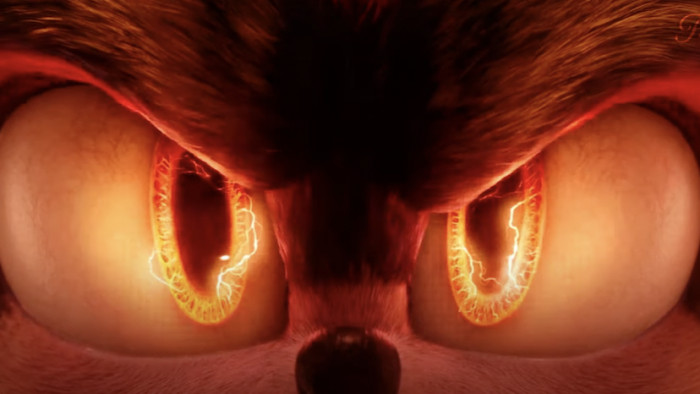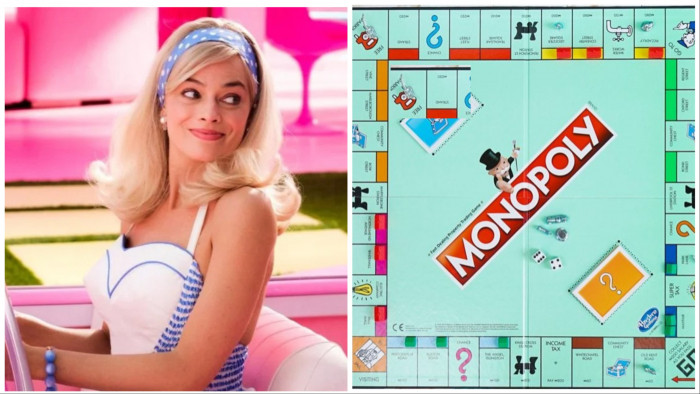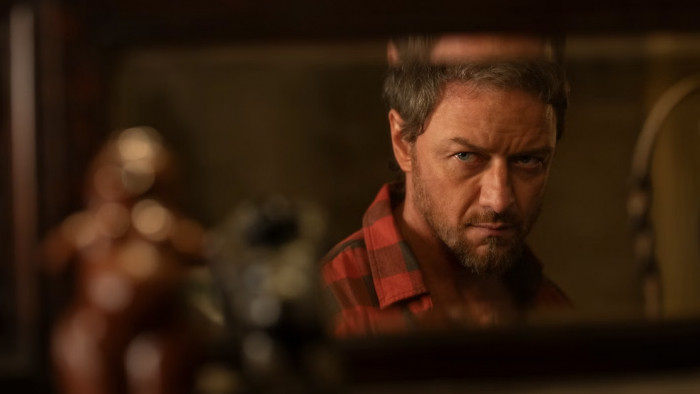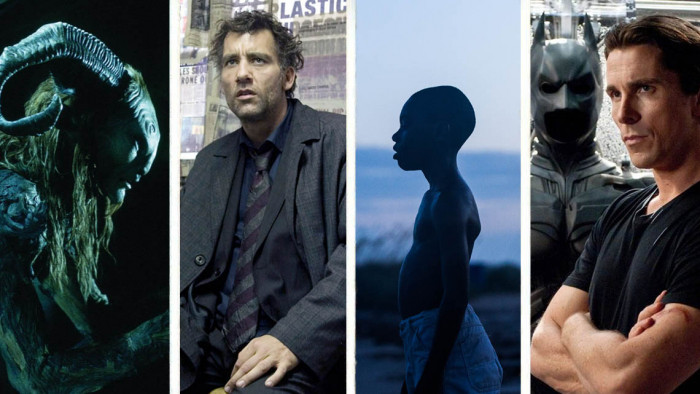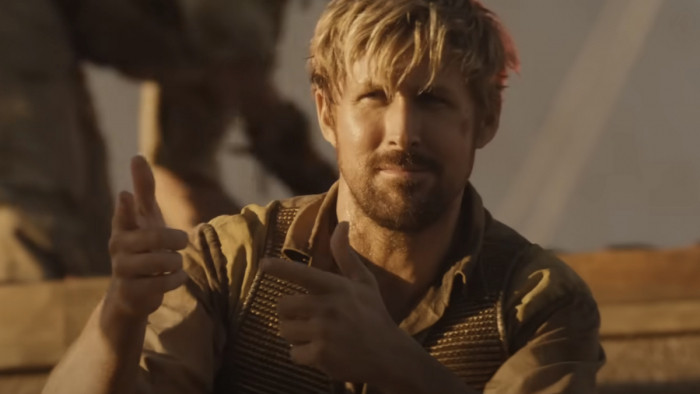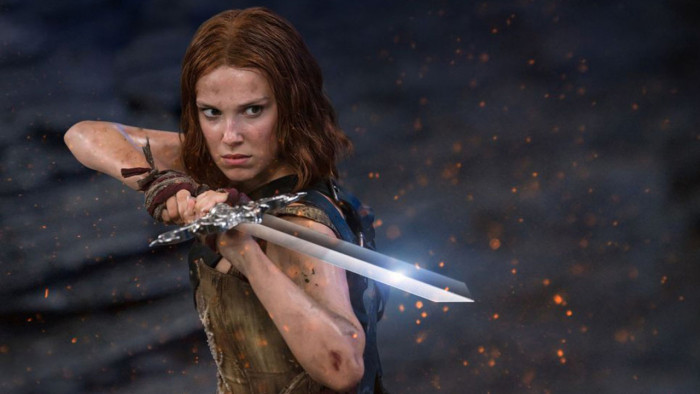Fresh out of Alan’s leisurewear, Steve Coogan talks to Jimi Famurewa about screen struggles, David Cameron’s Partridgeisms and his refusal to do stunts
“Watch that dog sh*t,” says Steve Coogan, pounding his way up Cromer seafront, his Alan wig flapping in the wind as we’re flanked by a documentary crew and a flock of young fans turning him into a sort of East Anglian messiah. It barely needs saying that it’s an undeniably Partridge moment. But the rest of what’s coming out of the 47-year-old actor’s mouth, as he nears the end of a testing shoot, wouldn’t fly as mid-morning radio patter.
“We’re re-writing as we go. It’s like warfare. It feels like we can’t drop the ball for a second,” he admits. “In the first week I was on the verge of a nervous breakdown.”
Thankfully, he didn’t grab the car keys and Toblerone. Flash-forward five months and Coogan, having prised off our new culture editor’s bad jeans, is sipping coffee in the ShortList office. After being rumoured for nearly a decade, Alan Partridge: Alpha Papa is nearly upon us, buoyed by rave early reviews. So was it worth the script changes, late nights and fouled footpaths? “Well, it makes me laugh. But it’s the most pressure I’ve ever felt in my life.”
A typically downbeat response for a man who, despite being responsible for one of modern comedy’s greatest clowns, takes the business of being funny, very seriously.
You’ve just finished your photoshoot as Alan for his new role at ShortList. How did you find it?
I’m not a method actor. When some people, such as Barry Humphries, dress up as the character they also talk in character. But I don’t do that. I put the clothes on. The photographer was calling me Alan and I had to say, “Don’t call me Alan. I’m Steve.” [Laughs]
A Partridge film has been talked about for nearly a decade. How much remains of the original plot?
The hostage situation is the only thing that survived [from the original script]. But it’s set in the radio station, we’re not taking it to London or the US. It’s about the little man against the system and faceless corporations. We’ve done Die Hard in a very parochial and provincial kind of way. You’ve got to make it cinematic without losing its charm.
Did you deliberately avoid things such as celebrity cameos?
Well, there were lots of big names that were saying, “Oh we’ll be in it.” We just wanted to avoid it being a sh*t film, mainly. Sitcom adaptations don’t normally work, do they? A film isn’t just three half-hours stuck together. It has to have an arc.
There’s a lot of action and physicality as well, including a hapless climb through a window. Was that tricky?
That was a stuntman.
So you don’t do all your own stunts?
No. I’m not trying to prove to everyone that I’m heterosexual. I don’t need to do that.
What were the other big challenges?
It was all very hard. We really were up to our neck in it and slightly underprepared. Armando [Iannucci] was in the US doing Veep so he just wasn’t there and it was really me and the [scriptwriters Neil and Rob] Gibbons and the director Declan Lowney who were shooting it. It was a bit of a nightmare. It wasn’t fun, it was tough and also it felt like we were having to do it ourselves. Armando came to the edit when the film finished shooting and was really, really helpful. Peter Baynham, talented as he is, he’s being paid too much by Sacha Baron Cohen, so I got him for a month two years ago. I really wanted to do the film though, more than anyone else.
Did your eagerness to make the film surprise people?
Possibly. Had I not been doing anything else it would have bothered me, but the other body of work under my belt meant I wanted to do Alan. If I’d just been kicking my heels [as Alan] I’d have felt a bit depressed about this film. So if people say, “He’s just a one-trick pony, why’s he still doing that?” I can just whip out Philomena, this Stephen Frears film with Judi Dench out in November. Some people think I’m very negative, but what I find in my career is that I go into a bunker mentality. I go, “All those people who hate me and think I’m a c*nt, how can I stop them undermining me?” [Laughs] So I think, “If I wanted to have a go at me, I’d say, ‘He’s only got one good idea, the rest of it’s sh*t.’” So I make sure I have lots of other projects so I can whack something else on the table.
Speaking of which, The Trip is coming back. Did you have to be convinced to return?
The Trip was risky, but it paid off. It’s not original to play yourself, lots of people have celebrities do it. But we wanted to do it beyond it just being, “Hey, look at me laughing at myself, aren’t I cool?” That’s bullsh*t and only works to a certain level. I think it’s going to be good. It’s us driving a Mini around Italy.
So did you get sick of Rob when the cameras stopped rolling?
Oh no. We always get on great. We try to create some conflict to make it interesting. He’ll press my buttons and I’ll press his, but we both exaggerate our personalities.
There’s still a breed of UK comedy actors trying to crack Hollywood. What did you learn from it?
You get slightly blinded by the lights there, but when I came back I knuckled down, did what I wanted to do and everything that I’ve done here is far better. I didn’t really do anything significant there. You can work in Hollywood, but if you compromise you’re just on a hiding to nothing. It’s pointless. You’ll do stuff that won’t work and won’t be popular. What I learned was that it didn’t really work for me going out there, trying to be ‘part number three’ in a big comedy film with Vince Vaughn or whatever. It’s bullsh*t. And it made me realise [that I had] to do things for myself.
Finally, going back to Alan, how do you think he’s changed?
He’s more nuanced and sophisticated, less cartoonish. Back in 1994 he was a Little Englander Conservative. He’s a bit trendier, in inverted commas, now because he’s realised that’s a good thing. But only in the same way he reflects David Cameron now. Cameron’s embracing of gay marriage is the sort of thing Alan would do, because he knows how to avoid controversy, which is kind of like a modern politician. I think Alan would be a big admirer of David Cameron. He’d think he was getting it just right [laughs].
Alan Partridge: Alpha Papa is at cinemas nationwide from 7 August
Latest
Related Reviews and Shortlists



